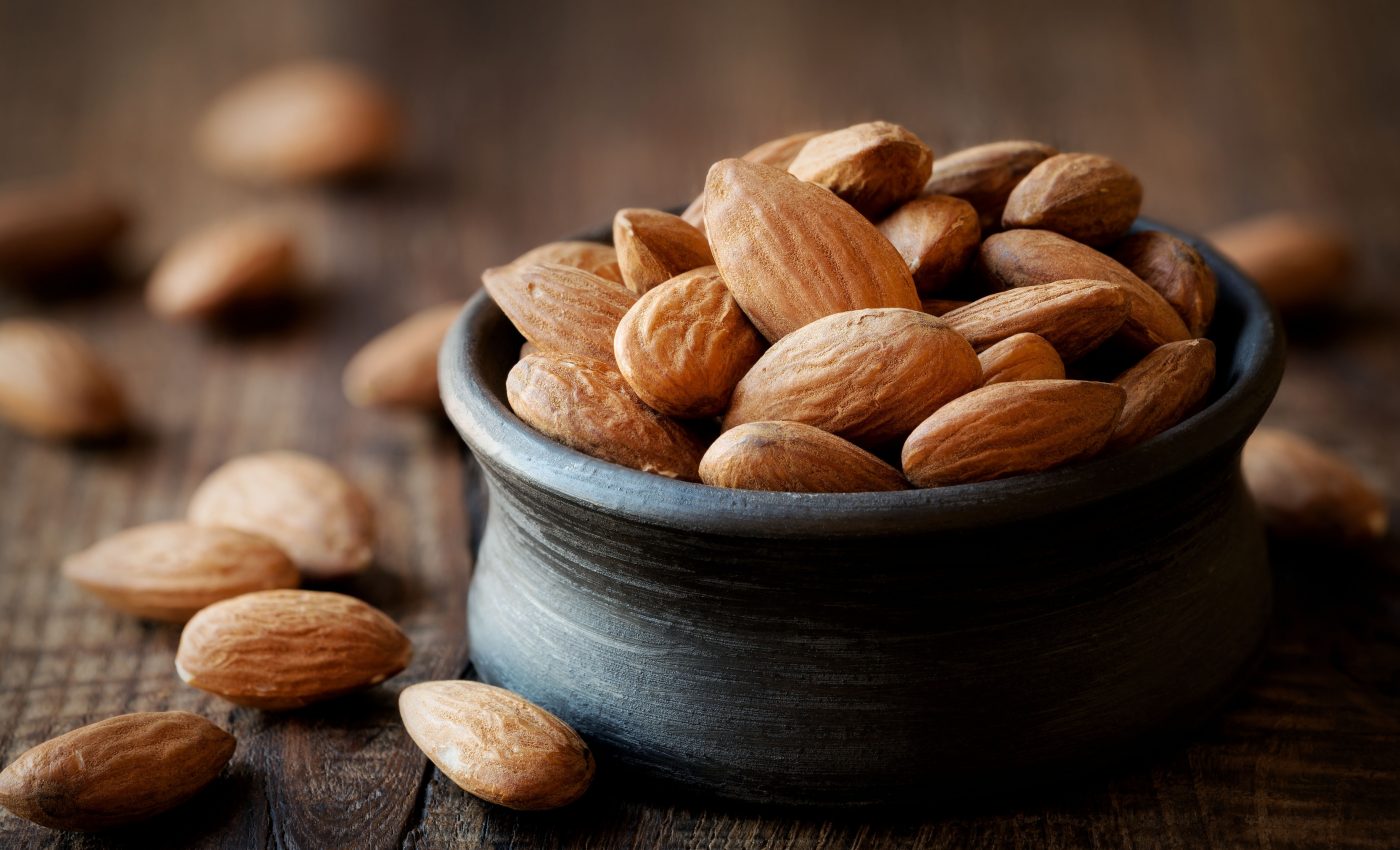
Almonds and other tree nuts improve male fertility and sperm quality
A recent study from the International Nut and Dried Fruit Council (INC) has revealed that daily doses of almonds and other tree nuts improve male fertility and sperm quality. According to the researchers, a diet that includes 60 grams of nuts per day can significantly boost the vitality, motility, and morphology of sperm, as well as the overall sperm count.
The combination of 15 grams of almonds, 15 grams of hazelnuts, and 30 grams of walnuts produced similar sperm quality benefits as walnuts alone, which was demonstrated in a previous study, but with a 16 percent increase in sperm count. The experts noted that a mix of nuts may provide the most benefits and that almonds should be included for their zinc, a mineral that contributes to fertility.
Poor eating habits and environmental factors have been linked to declining sperm counts and sperm quality across developed nations. Around one in seven couples worldwide struggle with fertility issues, and males are responsible for nearly half of these cases, according to the INC.
“Having a healthy diet is an important, but often-overlooked piece of the fertility puzzle,” said dietitian Juliette Kellow. “This study shows that adding tree nuts like almonds offers a potentially easy way to boost male fertility and may help support couples trying to conceive.”
The investigation was focused on 119 healthy males between the ages of 18 and 35. The participants were split into two groups, one of which was instructed to eat the daily mix of 60 grams of nuts in addition to their regular diet. The second group was asked to avoid eating nuts altogether.
After 14 weeks, the researchers collected sperm and blood samples from both groups. The men who had been eating nuts were found to have a 16 percent higher sperm count. The study authors also concluded: “The inclusion of nuts in a Western-style diet significantly improves the total sperm count and the vitality, motility, and morphology of the sperm.”
The research was presented at the 2018 European Society for Human Reproduction and Embryology meeting.
—
By Chrissy Sexton, Earth.com Staff Writer













